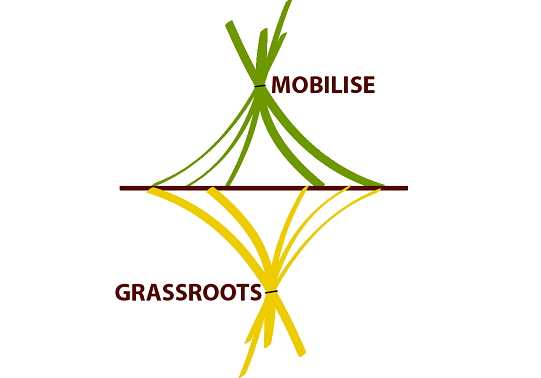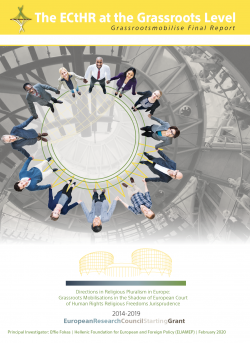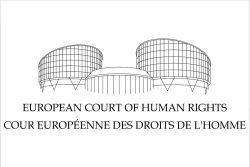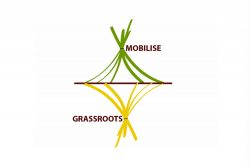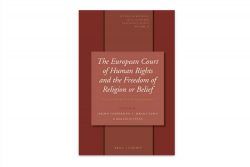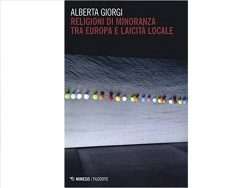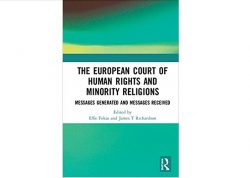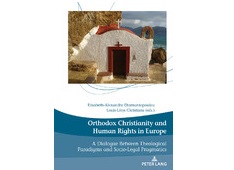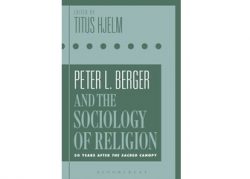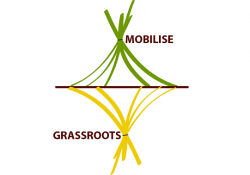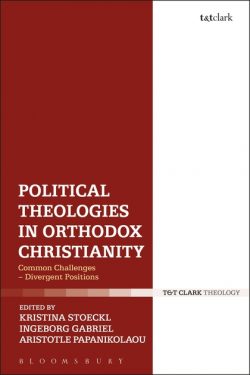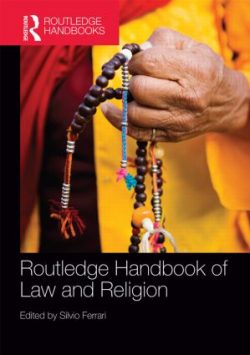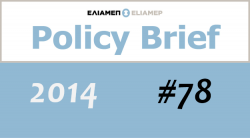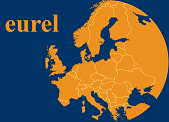GRASSROOTSMOBILISE is a five year research programme based at the Hellenic Foundation for European and Foreign Policy (ELIAMEP), and funded by the European Research Council (ERC). The Principal Investigator is Dr Effie Fokas. The programme studies grassroots level mobilisations ‘in the shadow’ of European Court of Human Rights religious freedoms jurisprudence.
The European public square has, in the last twenty years and increasingly so, been inundated with controversies and debates broadly conceived around the place of religion in the public sphere. In spite of (or, some would argue, because of) popular and scholarly expectations of religion’s retreat, issues such as freedom of religious expression, freedom of speech v. blasphemy, and the public display of religious symbols loom large in the workplace, in schools, in media coverage etc., at the local, national, and supranational level. The presence of Islam has been a catalyst for many debates on religion in Europe, but these debates have now grown to encompass much broader assumptions about the nature of religious communities, their relationship to state institutions, and the place of minority religious communities in society. Against this backdrop the European Court of Human Rights (ECtHR, or the Court) jurisprudence on religious issues has emerged to add its own voice. In so doing it significantly influences the terms of the debates.
The implementation, or non-implementation as the case may be, of the Court’s decisions in various national contexts through policy change is an interesting but rather narrow research question. As Marc Galanter has argued, courts resolve only a small fraction of all disputes that are brought to their attention, which fraction is, in turn, only a small fraction of ‘the whole universe of disputes’ (Galanter 1983). But the potential impact of courts on this whole universe of disputes is much broader, if one considers the ‘radiating effects’ of courts.
In light of scholarly debates questioning the direct effects of courts, the programme probes developments that take place ‘in the shadow’ of the ECtHR – the radiating effects which may be less conspicuous but also, as Michael McCann argues, the most significant point at which law matters for social movements (McCann 2004). Thus our research engages especially with the extent to which court decisions define the ‘political opportunity structures’ and the discursive frameworks within which citizens act. What is the aftermath of the Court’s religion jurisprudence in terms of its applications at the grassroots level? The question is important because ECtHR case law will shape, to a large extent, both local and national level case law and – less conspicuously but no less importantly – grassroots developments in the promotion of or resistance to religious pluralism. Both the latter will, in turn, influence the future of the ECtHR caseload. The programme will thus impart rare insight into directions being taken in religious pluralism in Europe in relation to the Court’s engagements with religion.
The programme is divided into five different loosely chronological research fields: the development of the theoretical framework; in-depth fieldwork at the grassroots level; a study of the references to the ECtHR in national high courts; research into supranational and transnational mobilisations around the Court at the ‘grasstops’ level; and analysis and dissemination of the data generated.
The grassroots level research is carried out by postdoctoral researchers in four countries where religion has a dynamic role in the public sphere – Italy, Greece, Romania and Turkey. The selection of cases represents a spectrum of levels of democratization and Europeanisation, with Italy and Greece being rather more consolidated democracies (and with membership in the European unification project established in 1958 and 1981 respectively), and Romania and Turkey less consolidated democracies (and with more recent membership in the EU for post-communist Romania in 2007 and a continued beleaguered negotiation process with Turkey). Our research helps identify the significance of each of these dimensions when it comes to the impact of the ECtHR on the ground in various country contexts.
Further, Italy, in the aftermath of the Lautsi v. Italy case, offers a very interesting context for examination of the components of strategic litigation behind the case, the manifestations of the case in the public discourse as well as the church-state relationship in its western European and Roman Catholic version. Greece and Romania, two countries of Christian Orthodox majority, and with a number of very interesting cases before the ECtHR, are fruitful ground for a study of the Court’s influence on religious pluralism, given the disproportionately high number of Article 9 (religious freedom) convictions against majority Orthodox states (approx. 60% of all Art. 9 convictions at the start of the Grassrootsmobilise programme). Turkey represents an important case, given the highly controversial nature of two Islam-related religious freedoms cases (Sahin v. Turkey and Refah v. Turkey), the salience of the Alevi-related cases before the Court, and the example it offers of religion-state relations based on a secular model.
Principal Investigator:
Effie Fokas – Senior Research Fellow at ELIAMEP; Research Associate, Hellenic Observatory, London School of Economics (LSE)
Research Team:
Dia Anagnostou – Senior Research Fellow at ELIAMEP; Assistant Professor of Politics at Panteion University of Social and Political Sciences, Athens
Liviu Andreescu – Associate Professor of Administration and Business, University of Bucharest
Postdoctoral Researchers:
Pasquale Annicchino – Research Fellow at the Robert Schuman Centre for Advanced Studies, EUI
Alberta Giorgi – Assistant Professor, Department of Letters, Philosophy and Communication, University of Bergamo
Margarita Markoviti – Research Fellow, Cevipol, Université Libre de Bruxelles
Ceren Ozgul – Visiting scholar at New York University’s Kevorkian Center for Near Eastern Studies
Mihai Popa – Associate Researcher, Department “Law and Anthropology”, Max Planck Institute for Social Anthropology
Programme Manager:
Alexia Mitsikostas
You can find more information here.



